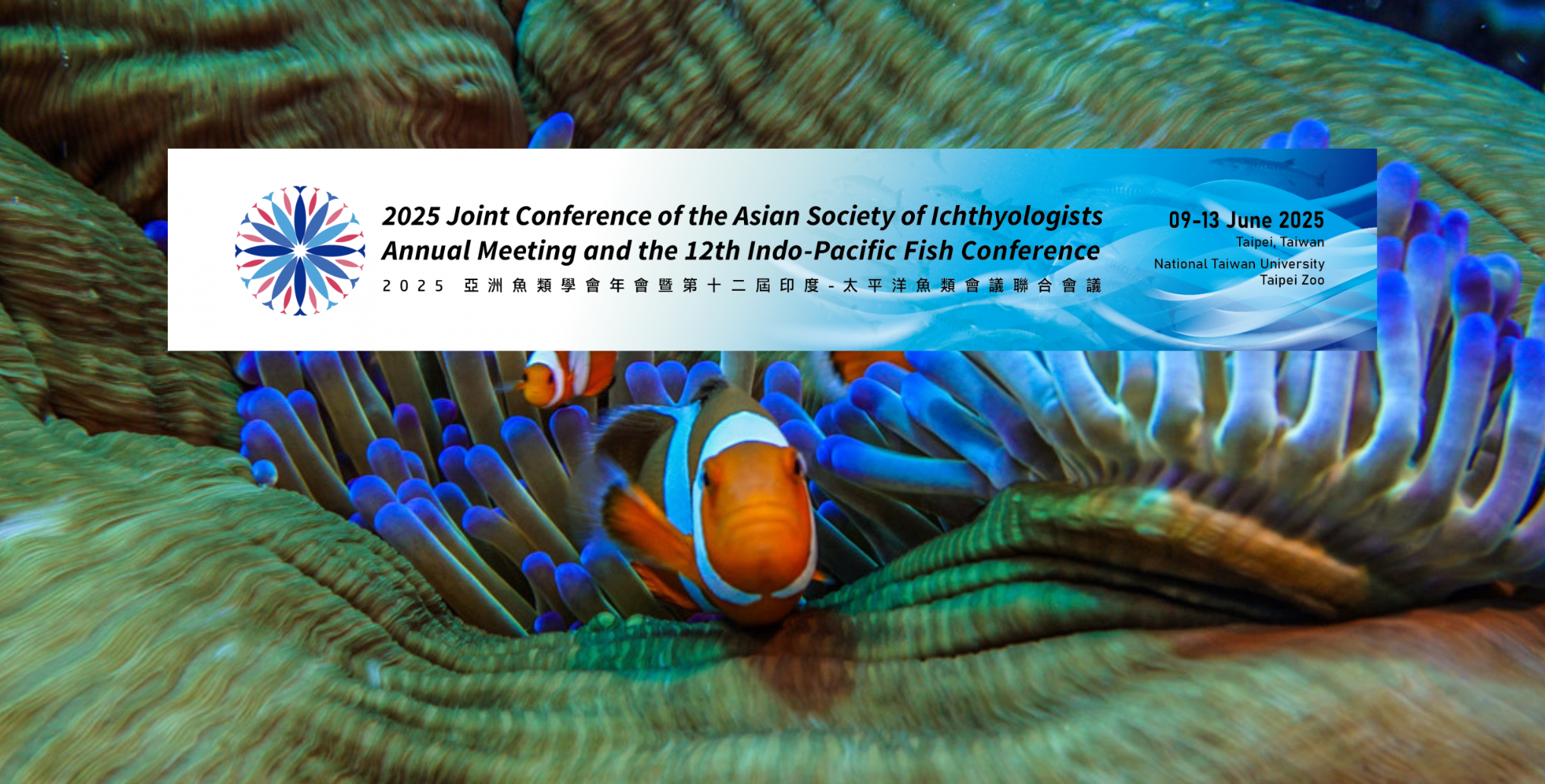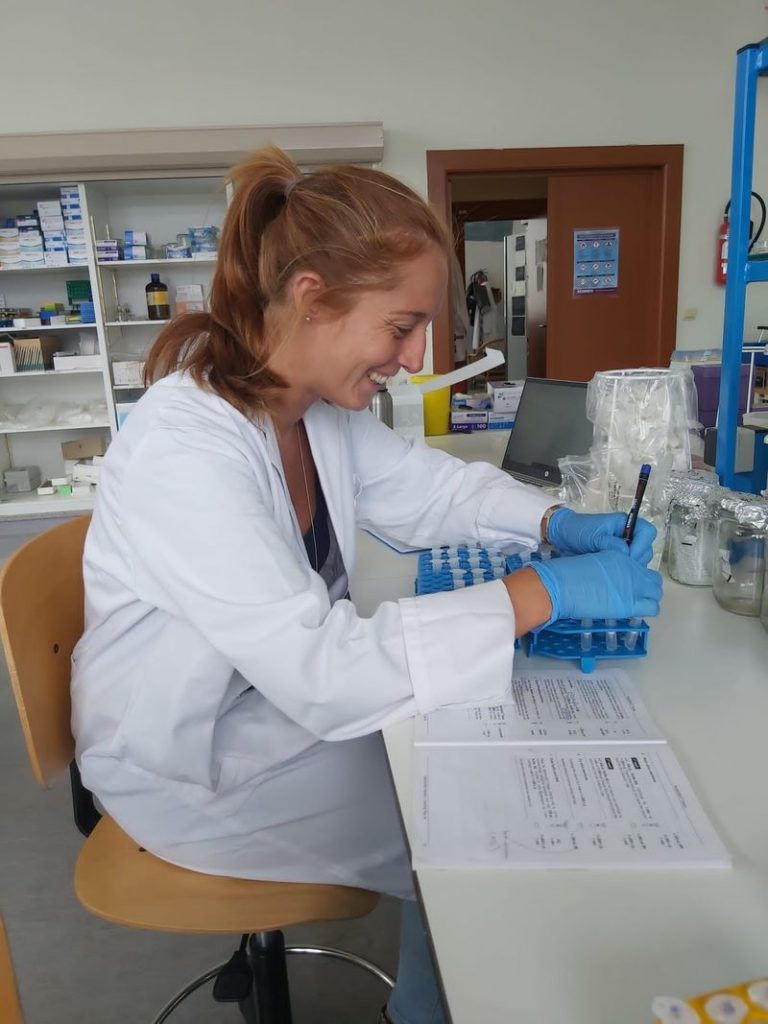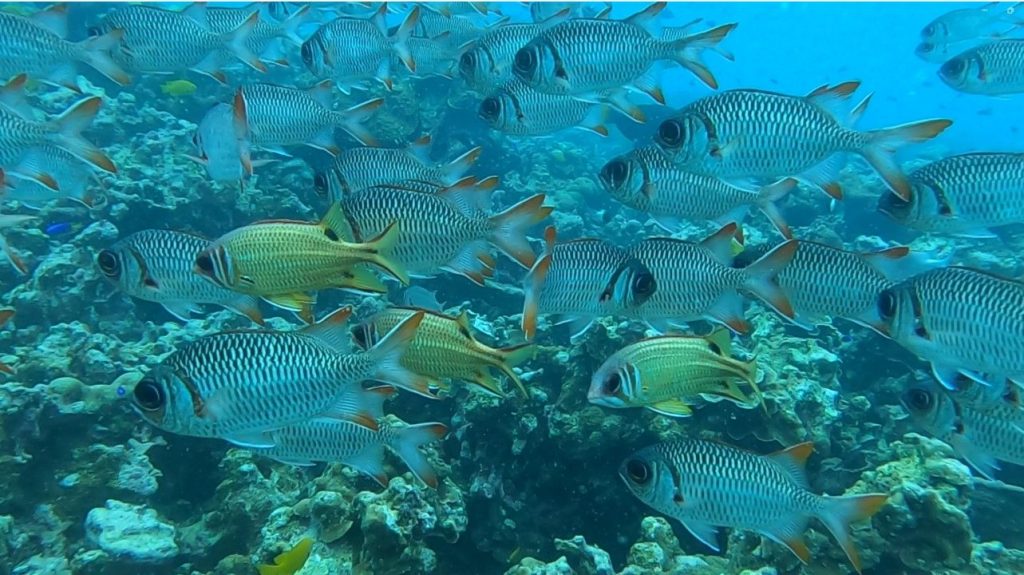Asian Society of Ichthyologists and the Indo-Pacific Fish Conference (ASI & IPFC 12)
The 2025 Annual Meeting of the Asian Society of Ichthyologists (ASI) and the 12th Indo-Pacific Fish Conference (IPFC12) took place in Taipei, Taiwan from June 9-13, 2025. This prestigious joint conference brought together fish scientists and researchers from around the world at the National Taiwan University and Taipei Zoo venues. Under the main theme of “Conservation and Transition,” the event served as a vital platform for sharing cutting-edge research on Asian and Indo-Pacific fishes.
The five-day conference featured four main themed sessions covering Systematics (evolution, taxonomy, and biogeography), Ecology (including larval fish ecology), and eight special sessions addressing diverse conservation challenges. Among these was Special Session 5, which focused on the resilience and sensitivity of fishes to climate change and environmental stressors—a topic of increasing urgency in our changing world.
PeerJ was proud to have sponsored the Best Presentation Award, which was won by Marine Banse, Postdoctoral Researcher from the University of Liège (Belgium). The best poster Award was won by Ling-Lan Hsu a PhD candidate at National Taiwan University.
Participants enjoyed not only the rich academic program but also networking opportunities through various social events, including a reception, banquet dinner (with complimentary access to Taipei Zoo), and refreshment breaks. The conference successfully fulfilled its mission of fostering collaboration and advancing ichthyological research across the Indo-Pacific region.
Marine Banse Postdoctoral Researcher – University of Liège (Belgium)
Ling-Lan Hsu, a PhD candidate at National Taiwan University
Can you tell us a bit about yourself and your research interests?
I am a PhD candidate specialising in population genetics and marine biogeography. My research aims to uncover the complex evolutionary history of marine fish species, shaped by both biogeographical and ecological processes.
I earned my BSc in Life Science from National Taiwan University, where I developed a strong interest in marine organisms and gained foundational skills in molecular biology. I then pursued an MSc by Research in Biological Sciences at the University of Bristol, UK, where I learned to work with large genomic datasets and strengthened my bioinformatic skills.
During my PhD, my research primarily focused on the population genetic structure and demographic history of shallow-water marine fishes, providing insights that contribute to a more comprehensive understanding of Indo-West Pacific marine species through time.
What first interested you in this field of research?
During my undergraduate studies, I completed a research project under the supervision of Dr. Wei-Jen Chen, focusing on the systematics of a family of benthic fishes, Antigoniidae. I also had the opportunity to participate in ocean surveys aboard research vessels, where I worked with marine specimens—an experience I found particularly engaging.
Can you briefly explain the research you presented at ASI-IPFC12?
At ASI-IPFC12, I presented a poster on the post-glacial population dynamics of five shallow-water fish species from the Mozambique Channel. Our results revealed signals of recent population expansion in both mitochondrial and nuclear genomic markers, likely occurring after the Late Glacial Maximum (~20,000 years ago). These findings support the hypothesis that post-glacial sea-level rise facilitated genetic mixing in the region, potentially contributing to its high regional biodiversity. Importantly, this shared post-glacial signal could also serve as a calibration point for estimating gene substitution rates in non-model species, aiding future evolutionary studies in the Southwest Indian Ocean.
What are your next steps? How will you continue to build on this research?
We plan to submit this project in the next few months. Fortunately, I received valuable feedback during the conference, and we aim to incorporate additional geological evidence to test whether the increase in habitat during sea-level rise corresponds with our genetic results.



